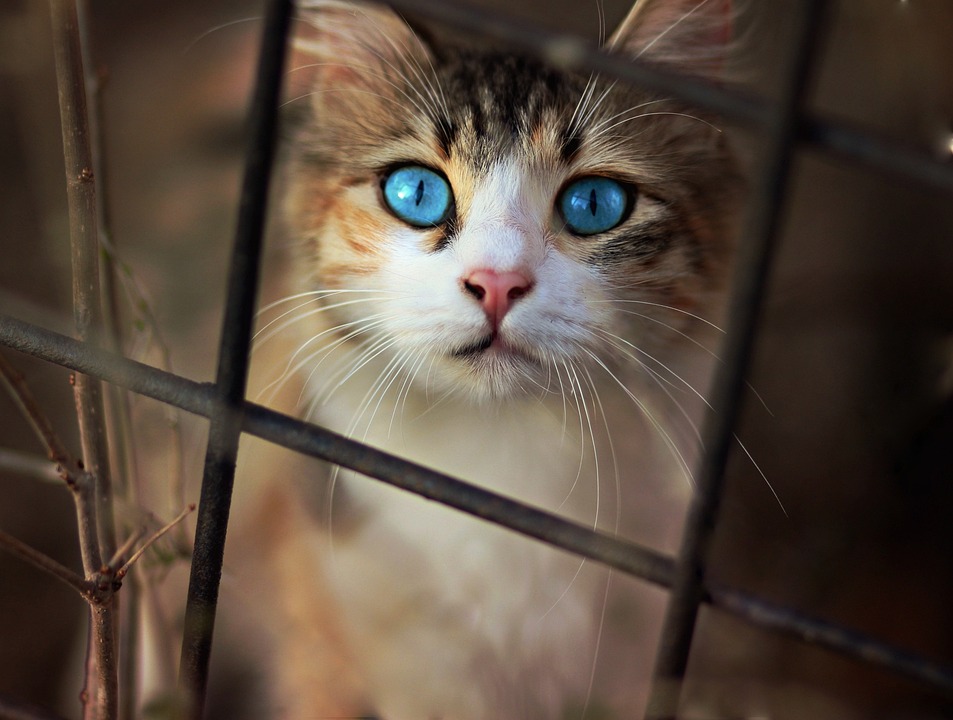Keeping your feline friend healthy is a top priority for any responsible pet owner. One crucial aspect of cat health maintenance is ensuring they receive the appropriate vaccinations. Vaccinations protect cats from various diseases and prevent the spread of these illnesses. In this article, we will discuss the top vaccinations your cat needs and answer some frequently asked questions about feline vaccinations.
Core Vaccinations:
Core vaccinations are essential for all cats, regardless of their lifestyle or environment. These vaccines protect against diseases that can be severe or even fatal.
1. Feline Panleukopenia (FPV):
Feline panleukopenia, also known as feline distemper, is a highly contagious and potentially deadly disease. Vaccinating your cat against FPV is crucial, as it can spread through contact with infected animals, contaminated objects, or even fleas. This vaccine is typically administered as part of a combination vaccine known as the FVRCP vaccine.
2. Feline Herpesvirus-1 (FHV-1) and Feline Calicivirus (FCV):
Feline herpesvirus and calicivirus are responsible for causing upper respiratory infections in cats. These viruses can lead to sneezing, nasal discharge, conjunctivitis, and other respiratory symptoms. Vaccinating your cat against FHV-1 and FCV is crucial in preventing these infections. The FVRCP vaccine provides protection against these viruses.
3. Rabies:
Rabies is a viral disease that affects the central nervous system and is transmitted through bites from infected animals. Vaccinating your cat against rabies is not only important for their health but also required by law in many jurisdictions. Rabies vaccinations are typically administered by a licensed veterinarian.
Non-Core Vaccinations:
Non-core vaccinations are recommended based on a cat’s lifestyle, environment, and risk factors. Consult with your veterinarian to determine if these vaccinations are necessary for your cat.
1. Feline Leukemia Virus (FeLV):
Feline leukemia virus is a serious and often fatal disease that weakens a cat’s immune system, making them more susceptible to infections and certain types of cancer. Cats that go outdoors or live with FeLV-positive cats are at higher risk and should be vaccinated against FeLV. This vaccine requires initial testing to ensure the cat is not already infected.
2. Feline Immunodeficiency Virus (FIV):
Feline immunodeficiency virus weakens a cat’s immune system, similar to HIV in humans. Outdoor cats or cats in multi-cat households where FIV is present should be considered for FIV vaccinations. This vaccine does not prevent infection but helps reduce the severity of the disease.
FAQs (Frequently Asked Questions):
Q1. At what age should I start vaccinating my cat?
A1. Kittens should receive their first round of vaccinations at around 6 to 8 weeks of age. Vaccination schedules may vary, but booster shots are typically given every 3-4 weeks until the kitten reaches around 16 weeks.
Q2. Are cat vaccinations safe?
A2. Yes, cat vaccinations are generally safe. Like any medical procedure, there can be minor side effects such as mild fever or soreness at the injection site. Serious adverse reactions are rare but can occur. Discuss any concerns with your veterinarian.
Q3. How often should my cat’s vaccinations be updated?
A3. Core vaccinations are typically given every 1-3 years, depending on the vaccine and your cat’s lifestyle. Non-core vaccinations may require annual or periodic boosters. Your veterinarian will advise you on the appropriate schedule for your cat.
Q4. Can indoor cats skip vaccinations?
A4. While indoor cats have a lower risk of exposure to some diseases, they should still receive core vaccinations. Some non-core vaccinations may be unnecessary, but consult with your veterinarian to determine the most appropriate vaccination plan for your indoor cat.
Conclusion:
Vaccinations are a crucial aspect of responsible cat ownership. By ensuring your cat receives the necessary vaccinations, you can protect them from serious diseases and contribute to overall feline health. Consult with your veterinarian to develop a vaccination schedule tailored to your cat’s needs and lifestyle. Remember, prevention is always better than cure when it comes to your beloved feline companion.








